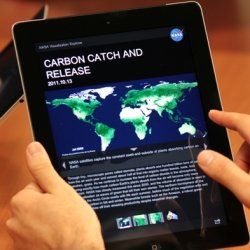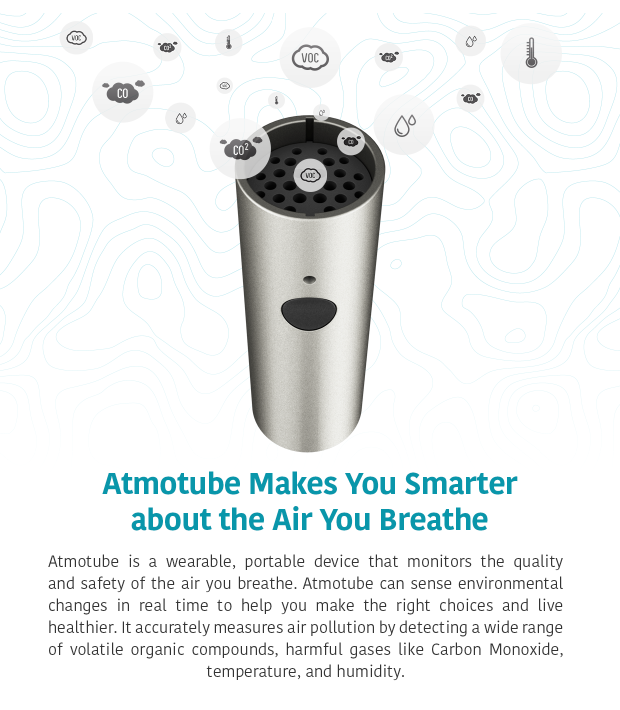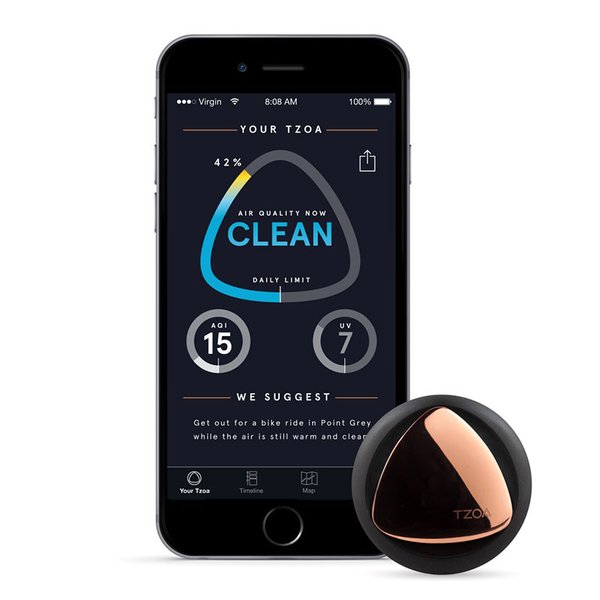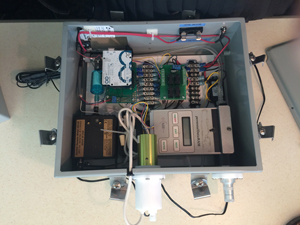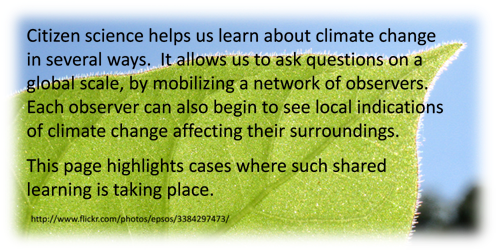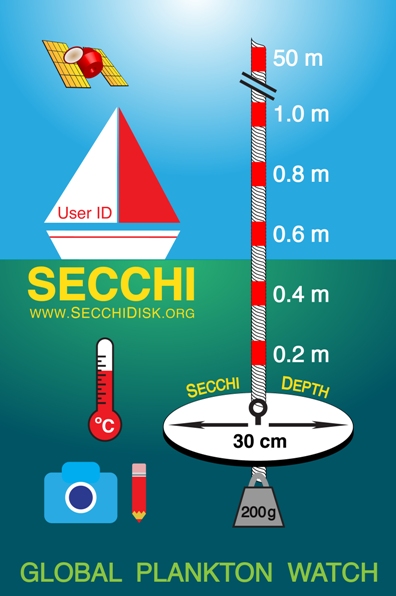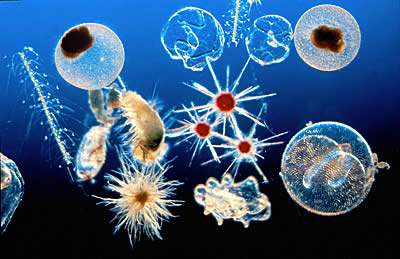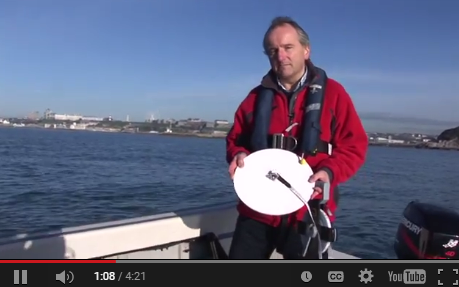Citizen Science: Difference between revisions
Siterunner (talk | contribs) No edit summary |
Siterunner (talk | contribs) No edit summary |
||
| Line 20: | Line 20: | ||
:[http://www.greenpolicy360.net/w/Going_Green <font color=green><big>'''''A 'Best Green Idea''''''</big></font>] [[File:Best Practices check sm.png]] | :[http://www.greenpolicy360.net/w/Going_Green <font color=green><big>'''''A 'Best Green Idea''''''</big></font>] [[File:Best Practices check sm.png]] | ||
[https://www.indiegogo.com/projects/atmotube-the-portable-air-pollution-monitor#/ '''''Atmotube: Portable Air Pollution Monitor'''''] | [https://www.indiegogo.com/projects/atmotube-the-portable-air-pollution-monitor#/ '''''Atmotube: Portable Air Pollution Monitor'''''] | ||
[[File:Atmotube image.png]] | [[File:Atmotube image.png]] | ||
Revision as of 16:56, 29 April 2016
GreenPolicy360
- Citizen Science
Planet Citizens, Planet Scientists
"Citizen Science" - http://en.wikipedia.org/wiki/Citizen_science
○ ○ ○ ○ ○ ○ ○ ○ ○ ○ ○ ○ ○ ○ ○ ○
Healthy Lungs Are Good
Atmotube: Portable Air Pollution Monitor
Wearable prototype app to track carbon footprints
○
Aclima air pollution sensors mounted on cars
Google Green Blog -- Make the Invisible Visible by Mapping Air Quality
Aclima-Google-City air quality mapping
"The partnership enables a paradigm-shift in environmental awareness by equipping Street View cars with Aclima’s mobile sensing platform to see the air around us in ways never before possible. Three Street View cars took measurements of nitrogen dioxide, nitric oxide, ozone, carbon monoxide, carbon dioxide, methane, black carbon, particulate matter, and Volatile Organic Compounds (VOCs) -- air pollutants which can affect human health or climate change." (from the press release announcement)
○
A citizen crowdsourced global project
Smartphone app that collects rays -- astrophysics and very rare cosmic rays
"There's something out there in space, some unknown new object in space, that's capable of generating particles at a very, very high energy."
____________________________________________________
http://blog.epa.gov/science/2015/03/training-citizen-scientists-to-monitor-air-quality/
https://twitter.com/epablog -- http://blog.epa.gov/science/
-=-=-=-=-=-=-=-=-=-=-=-=-=-=-=-=-=-=-=-=-=-=-=-=-=-=-=-=-=-=-=-=-=-=-=-=-=-=-=-=
Eyes in the Sky: Green Groups Are Harnessing Data from Space
-=-=-=-=-=-=-=-=-=-=-=-=-=-=-=-=-=-=-=-=-
- Wearable Devices / 'Digibody'
With Wearable Devices That Monitor Air Quality, Scientists Can Crowdsource Pollution Maps
Emerging technology means anyone with a smartphone can become a mobile environmental monitoring station
http://www.mytzoa.com/#homepage
-=-=-=-=-=-=-=-=-=-=-=-=-=-=-=-=-=-=-=-=-
https://www.kickstarter.com/projects/741031201/airbeam-share-and-improve-your-air
http://pubs.acs.org/stoken/presspac/presspac/abs/10.1021/es505362x
__________________________________________
Air Visibility Monitoring (Android app) - http://robotics.usc.edu/~mobilesensing/Projects/AirVisibilityMonitoring
Biodiversity Group - http://www.biodiversitygroup.org/
Citizen Science Alliance - http://www.citizensciencealliance.org/
Climate Change and Citizen Science - http://www.slideshare.net/CitizenScienceCentral/citizen-science-and-climate-change-west
Cyber Citizens - http://up.secondwavemedia.com/innovationnews/smartphone100913.aspx
Dark Sky Meter (iOS app) - http://www.darkskymeter.com/home-2/
Eight Apps that Turn Citizens into Scientists - http://www.scientificamerican.com/article/8-apps-that-turn-citizens-into-scientists/
Globe at Night (light pollution) - http://www.globeatnight.org/
Great Sunflower Project / Bees - http://www.greatsunflower.org/
iCoast (USGS) - http://coastal.er.usgs.gov/icoast/about.php
iSpot Nature (Open Lab/Open Univ) - http://www.ispotnature.org/communities/global
International Barcode of Life - http://ibol.org/
LeafSnap (Smithsonian) - http://leafsnap.com/
Loss of the Night (Light Pollution) - http://cosalux.de/#/en/portfolio-en/loss-of-the-night-android-app/
Marine Animal Identification Network (online template) - http://main.whoi.edu/report.cfm
Marine Debris Tracker - http://www.marinedebris.engr.uga.edu/
Mobile Apps for Citizen Science (via Smithsonian) - http://www.ssec.si.edu/blog/mobile-apps-for-citizen-science
NASA Earth Exchange (NEX platform for scientific collaboration, knowledge sharing and research for the Earth science community) - https://nex.nasa.gov/nex/
National Science Foundation (US/"Citizen Science") - http://www.nsf.gov/news/special_reports/science_nation/citizenscience.jsp
NestWatch - http://nestwatch.org/
NOAA - http://www.climate.gov/teaching/resources/climate-change-and-citizen-science
Nova Energy Lab (PBS-Harvard) - http://www.pbs.org/wgbh/nova/labs/lab/energy/
Ocean Spaces (monitoring marine protected areas) - http://oceanspaces.org/
Open Scientist - http://www.openscientist.org/p/citizen-science-for-your-phone.html
Open Tree (urban forest mapping) - https://www.opentreemap.org/
Open University Lab - http://www.open.ac.uk/researchprojects/open-science/
Project Noah (National Geographic) - http://www.projectnoah.org/
SatCam (iOS app) supports the Terra, Aqua, and Suomi NPP satellites - http://satcam.ssec.wisc.edu/
SciStarter (list of several hundred cit science projects) - http://scistarter.com/index.html / http://scistarter.com/blog/#sthash.ex9FXlZ3.dpbs
Scientific American - http://www.scientificamerican.com/citizen-science/
Sensr, Citizen Science app (Carnegie Mellon) - http://www.sensr.org/
TreeMap LA (TreePeople) - http://www.treepeople.org/ - https://www.treepeople.org/action
Union of Concerned Scientists, You + Your Computer = Carbon Detective - http://www.ucsusa.org/global_warming/what_you_can_do/climate-change-citizen-science.html#.VLgLJHv44Rk
US Global Change/Climate Assessment (Dec 2014) - http://www.globalchange.gov/news/open-government-data-more-resilient-natural-resources
- http://www.whitehouse.gov/blog/2014/12/09/unleashing-climate-data-and-innovation-more-resilient-ecosystems
- http://www.whitehouse.gov/sites/default/files/microsites/ostp/cdi-ecosystems-12-9.pdf
Water monitoring (http://www.wef.org/ education/kit) - https://www.lamotte.com/secure/wwmday/
Whale Song Project - http://whale.fm/
You can be a scientist too (EPA) - http://www.epa.gov/climatestudents/scientists/citizen-science.html
Zooniverse - https://www.zooniverse.org/
-=-=-=-=-=-=-=-=-=-=-=-=-=-=-=-=-=-=-=-=-
GLOBAL PLANKTON WATCH SECCHI DISK
THE GLOBAL SEAFARER STUDY OF THE MARINE PHYTOPLANKTON
ABOUT THE PROJECT
The phytoplankton in the sea account for approximately 50% of all photosynthesis on Earth and, through the food web they support, they underpin the marine food chain.
Living at the surface of the sea the phytoplankton are particularly sensitive to changes in sea surface temperature.
We need to know much more about these changes and you can help by making a simple piece of scientific equipment called a Secchi Disk and using the free Secchi App.
Full instructions for the project are included in the free Secchi App.
Press Release -- Scientists fear the population of the microscopic beings is in decline due to rising sea temperatures and, if true, that could have consequences for every aspect of marine life.
Plankton biologist Dr Richard Kirby, who is leading the study, said: "As the phytoplankton live at the surface of the sea they are being affected by rising sea temperatures due to climate change. A scientific paper published in 2010 suggested the ocean's plankton population had declined by as much as 40 per cent since 1950. Like all marine creatures, phytoplankton have a preferred optimum sea temperature no matter where they are in the world and we need to know more about how they are changing in order to understand the effects on the ocean's biology.” To check the levels of phytoplankton in our oceans, marine experts have developed a free smart phone app for sailors and fishermen to use wherever they are in the world.
Dr Kirby added: "The Secchi Disks are still used by marine scientists to study phytoplankton but there are too few scientists to survey the world's oceans as well as we would wish. This app enables seafarers around the world to take part in a science project and if we can just get a small percentage of the global population of sailors involved, we can generate a database that will help us understand how life in the oceans is changing. It would help us learn much more about these important organisms at a crucial time when their habitat is altering due to climate change."
The Secchi app has been developed by Dr Nicholas Outram and Dr Nigel Barlow, from Plymouth University’s School of Computing and Mathematics, and the database will be maintained by Pixalytics Ltd.
○
Phytoplankton obtain energy through the process of photosynthesis and must therefore live in the well-lit surface layer (termed the euphotic zone) of an ocean, sea, lake, or other body of water. Phytoplankton account for half of all photosynthetic activity on Earth. Thus phytoplankton are responsible for much of the oxygen present in the Earth’s atmosphere – half of the total amount produced by all plant life. http://en.wikipedia.org/wiki/Phytoplankton
○
Marine Biodiversity Strongly Linked to Ocean Temperature
ScienceDaily (July 29, 2010) — In an unprecedented effort that will be published online on the 28th of July by the international journal Nature, a team of scientists mapped and analyzed global biodiversity patterns for over 11,000 marine species ranging from tiny zooplankton to sharks and whales. The researchers found striking similarities among the distribution patterns, with temperature strongly linked to biodiversity for all thirteen groups studied. These results imply that future changes in ocean temperature, such as those due to climate change, may greatly affect the distribution of life in the sea.
http://www.sciencedaily.com/releases/2010/07/100728131707.htm
○
http://www.scientificamerican.com/article/8-apps-that-turn-citizens-into-scientists/?page=2
http://www.bbc.com/news/science-environment-26483166
http://blog.education.nationalgeographic.com/2014/03/11/help-map-ocean-plankton/
Video - https://youtu.be/6z1Mjgb8Mqs
-=-=-=-=-=-=-=-=-=-=-=-=-=-=-=-=-=-=-
/ #CitizenScience / #PlanetCitizen /
- Air Quality
- Biodiversity
- Citizen Science
- Climate Change
- Earth Law
- Earth Observations
- Earth Science
- EarthPOV
- Ecology Studies
- Environmental Full-cost Accounting
- Environmental Security
- Environmental Security, National Security
- EOS eco Operating System
- Externalities
- Global Security
- Land Ethic
- New Space
- Planet Citizen
- Planet Scientist
- Planet Citizens, Planet Scientists
- Pollution
- Sea-Level Rise & Mitigation
- Sustainability
- Sustainability Policies
- ThinBlueLayer
- Virtual Planet
